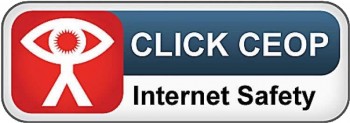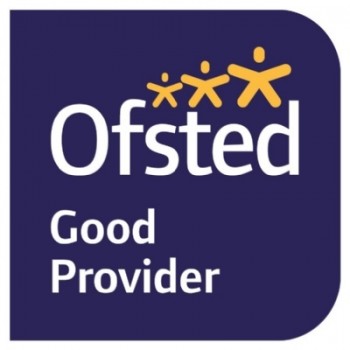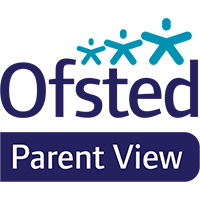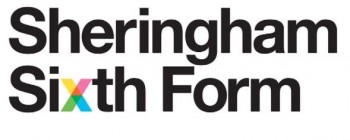Topics covered in Years 7-8 include:
- Who am I?
- What is prejudice and discrimination?
- How do people’s belief affect their actions?
- What is awe and wonder?
- Does God exist?
- What is a ‘healthy relationship’?
- How do I change when I get older?
- What is authority?
- What is a political party?
- What career is best for me?
- What are my rights and responsibilities?
- What health and sexual risks do I need to be aware of?
- What is the truth?
Students will use a wide range of resources including videos, ICT, newspaper articles, research articles, outside agencies and practical exploration of the world around them. There will be lots of different activities throughout the course, which have been designed to be thought provoking, create discussion, and build upon and enhance functional and critical skills. The schemes of work take on an AFL (assessment for learning) approach. For example students will often assess their own and each other’s work and use this active discussion to improve their own abilities.
Throughout the schemes of work there are formative assessment opportunities. These are often small pieces of work or reflection but help the teacher and learner to build up a picture of their own ability. It often involves the learners deciding upon the criteria for success.
In essence all work is designed to enable learners and their teachers to decide where the learners are in their learning, where they need to go and how best to get there. This will be a constant dialogue with teachers and learners.
There are also summative assessments where teachers will assess pieces of work and use this data. The aim is that these assessments are reliable and valid –each assessment will be discussed by learners and staff and clear, written feedback will be given on what went well, areas for development as well as next steps for how to improve.
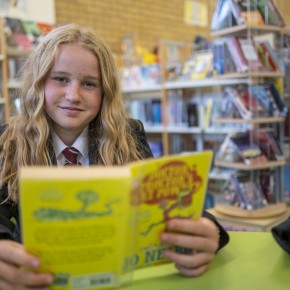
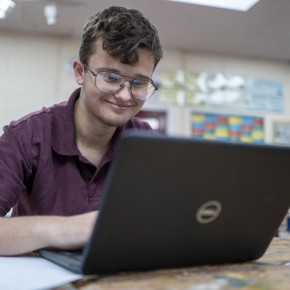
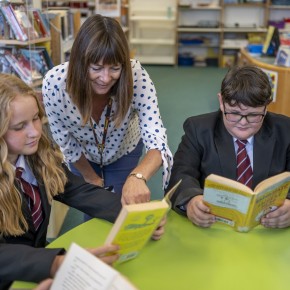
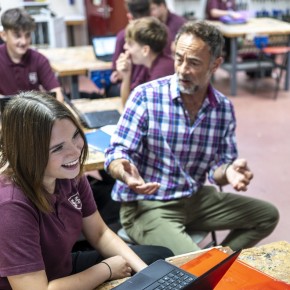
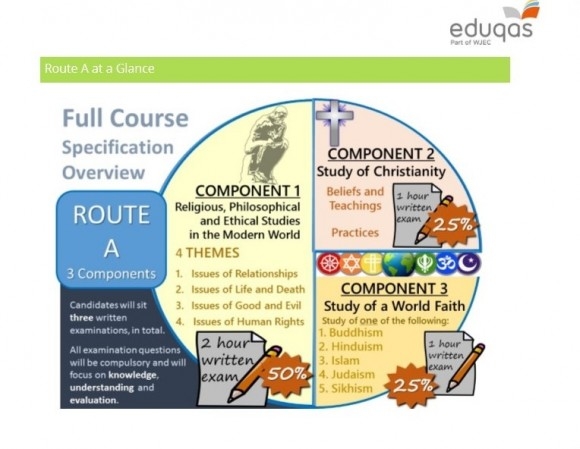
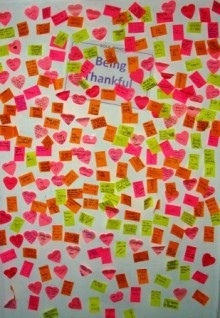
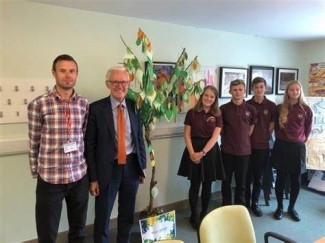
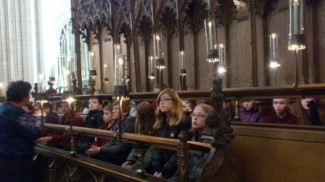 The department plays a prominent role in SMSC days.
The department plays a prominent role in SMSC days.